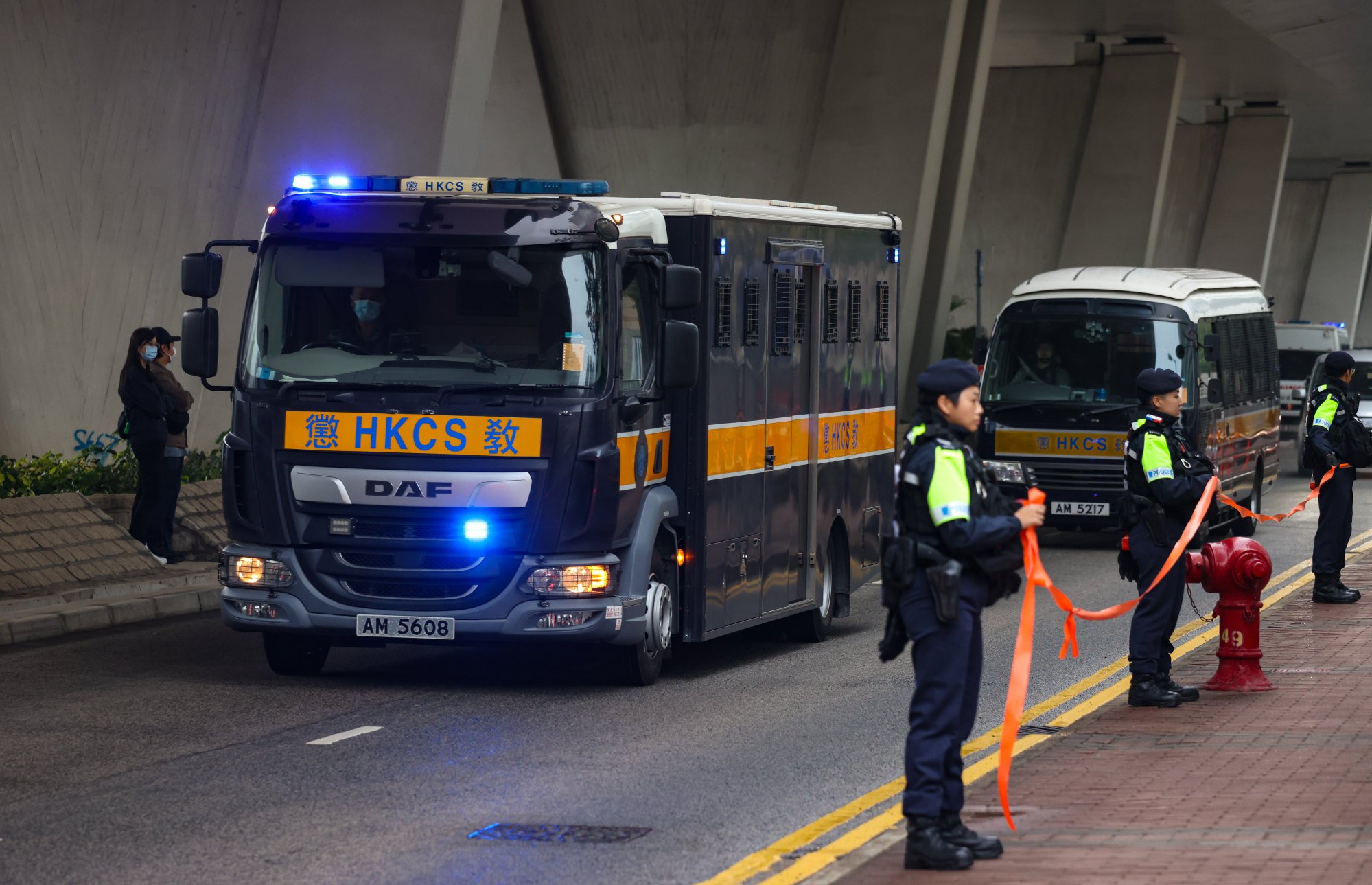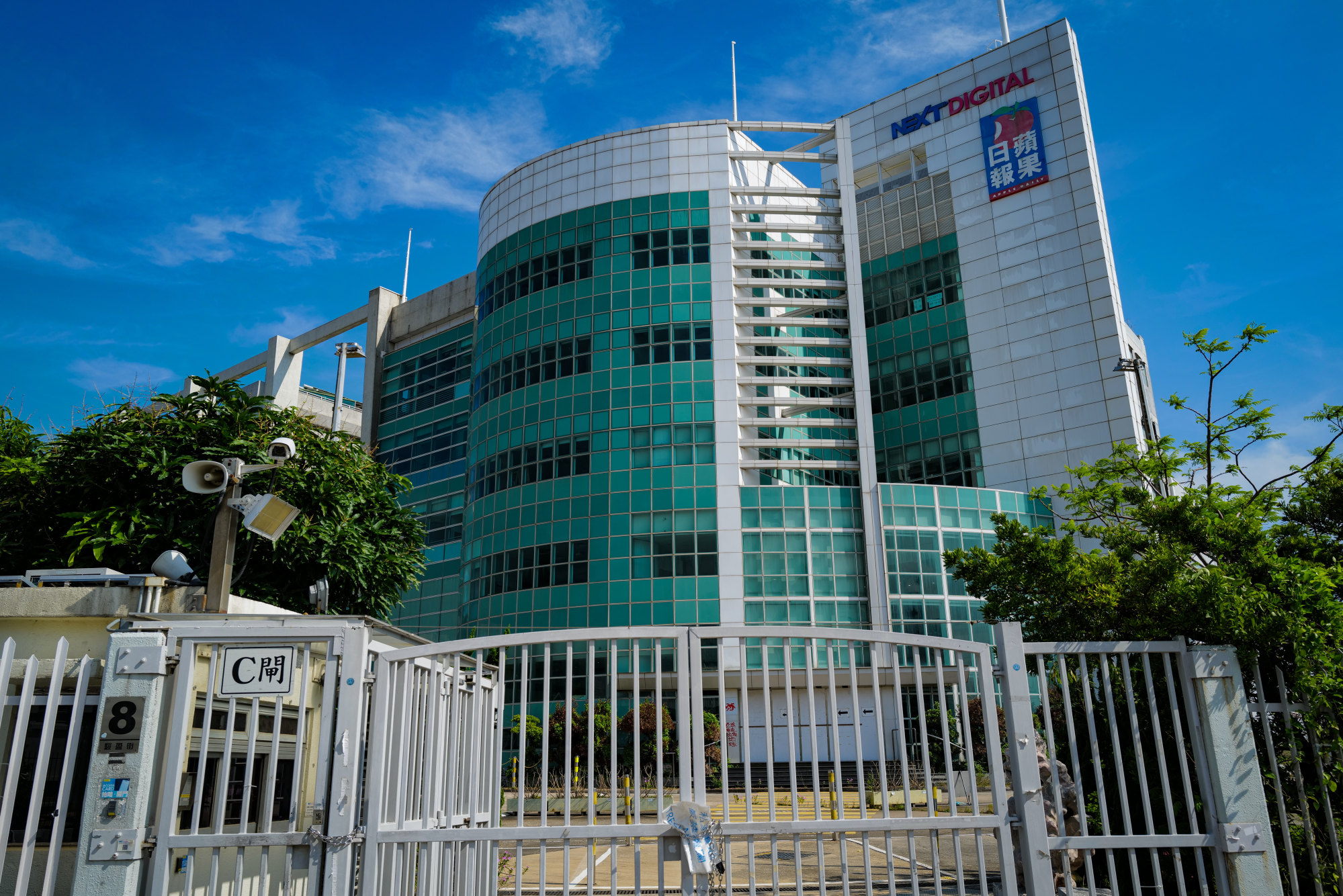Hong Kong media tycoon Jimmy Lai turned ‘radical’ after then US president Donald Trump launched trade war with China in 2018, court hears
“I felt Mr Lai was once a successful businessman who had a very good grasp of the needs and changes in the market,” Yeung told West Kowloon Court.

“So he felt that after the international [political] landscape had changed, the way we approached news and commentary articles should also change accordingly.”
Hong Kong judge questions whether Lai’s ‘supportive words’ proof of conspiracy
Yeung said Lai felt the United States was “flipping the table” and trying to steer its allies away from Beijing by waging “not just a trade war, but a full-scale war” over trade.
The US-China trade war began on 6 July 2018, when the US placed 25 per cent duties on US$34 billion worth of imports from China, the first in a series of tariffs imposed during 2018 and 2019.

It continued to escalate, with the US and China imposing various tariffs on products imported from the other country until both sides signed a phase-one trade deal in 2020. But tensions over trade have continued to feature prominently in relations between the two countries.
Jimmy Lai had final say on Apple Daily’s reportage, Hong Kong court hears
The court earlier heard the evidence of Apple Daily publisher Cheung Kim-hung and associate publisher Chan Pui-man, who both pleaded guilty to conspiracy to collude with foreign forces and agreed to testify for the prosecution in exchange for lesser sentences.